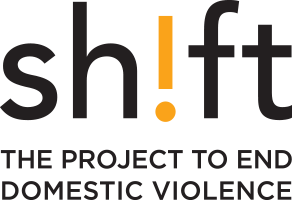Authors: Crooks, Claire V.; Zwicker, Jennifer; Wells, Lana; Hughes, Ray; Langlois, Amanda; Emery, J.C. Herb
Date: May-2017
Teen violence in dating and peer relationships has huge costs to society in numerous areas including health care, social services, the workforce and the justice system. Physical, psychological, and sexual abuse have long-lasting ramifications for the perpetrators as well as the victims, and for the families involved on both sides of that equation. An effective violence prevention program that is part of a school’s curriculum is beneficial not only for teaching teenagers what is appropriate behaviour in a relationship, but also for helping them break the cycle of violence which may have begun at home with their own maltreatment as children. The Fourth R program is an efficacious violence prevention program that was developed in Ontario and has been implemented in schools throughout Canada and the U.S. Covering relationship dynamics common to dating violence as well as substance abuse, peer violence and unsafe sex, the program can be adapted to different cultures and to same-sex relationships. The program, which gets its name from the traditional 3Rs — reading, ’riting and ’rithmetic — offers schools the opportunity to provide effective programming for teens to reduce the likelihood of them using relationship for violence as they move into adulthood. The federal government has estimated that the societal costs of relationship violence amount to more than $7 billion. These costs can continue to be incurred through the legal and health-care systems as the ripple effects of violence play out over the years, even after a relationship has ended. Other types of violence are also costly to society and not just in terms of dollars, but in young lives diverted into criminal activity. Up to 15 per cent of youth who become involved with the justice system grow into serious adult offenders who develop lengthy criminal careers. Yet, research shows that if prevention programs such as the Fourth R can deter just one 14-year-old high-risk juvenile from a life of crime, up to $5 million can be saved in costs to society.


